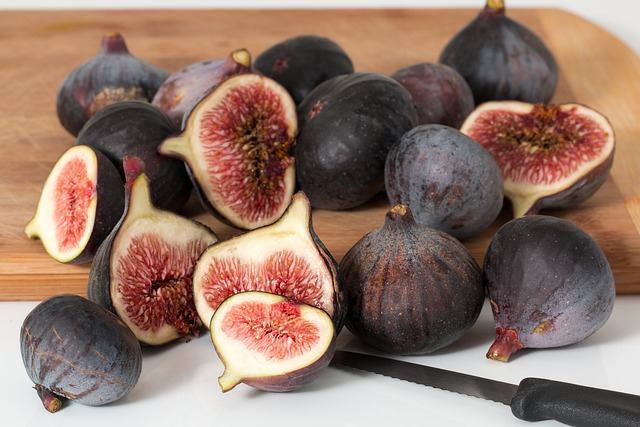The Ultimate Guide to Probiotics: Decoding the Science behind Good Bacteria
Are you curious about the latest health craze that’s been sweeping the nation? In recent years, probiotics have gained significant attention, with many touting their potential health benefits. But what exactly are probiotics, and how do they work? In this ultimate guide, we’ll take a closer look at the science behind these “good” bacteria and explore how they can contribute to your overall well-being.
Understanding Probiotics
Probiotics are live microorganisms that, when consumed in adequate amounts, provide health benefits to the host. These microscopic organisms, mainly bacteria and some yeasts, are naturally present in our bodies, primarily in the digestive system. While bacteria are often associated with infections and illness, not all bacteria are harmful. In fact, our bodies rely on a delicate balance of “good” bacteria to maintain optimal health.
The Gut Microbiota: An Invisible Ecosystem
The gut is home to trillions of microorganisms, collectively known as the gut microbiota. This complex ecosystem plays a crucial role in digestion, nutrient absorption, and even immune function. Probiotics, when introduced into the gut, can help support and promote a healthy balance within this diverse community of microorganisms.
The Benefits of Probiotics
Research suggests that probiotics can have a range of potential benefits:
- Improved Digestive Health: Probiotics, such as certain strains of Lactobacillus and Bifidobacterium, have been shown to help alleviate symptoms of digestive disorders like irritable bowel syndrome (IBS) and inflammatory bowel disease (IBD).
- Enhanced Immune Function: The gut microbiota plays a significant role in supporting our immune system. By promoting the growth of beneficial bacteria, probiotics can help strengthen our body’s natural defenses.
- Mental Health Benefits: Emerging research suggests a link between the gut microbiota and mental health. Some studies have shown that certain probiotics may help reduce symptoms of anxiety and depression.
- Improved Skin Health: Probiotics have demonstrated potential in improving various skin conditions, including acne and eczema. By restoring balance to the gut microbiota, these “good” bacteria can indirectly benefit our skin.
Choosing the Right Probiotic
With an array of probiotic products available on the market, it’s essential to choose the right one for your needs. Here are a few factors to consider:
- Strain Specificity: Different strains of bacteria or yeasts may have varying effects. Research the specific strain or strains in a product to ensure it aligns with your desired health benefits.
- Colony Forming Units (CFUs): CFUs indicate the number of viable microorganisms present in a probiotic. Higher CFU counts do not necessarily guarantee better results, as efficacy depends on various factors.
- Viability: Opt for products that ensure the viability of their probiotics until the expiration date. This ensures that the microorganisms remain alive and active when you consume them.
- Safety and Quality: Look for reputable brands that follow strict manufacturing processes, adhere to quality standards, and have undergone third-party testing for purity and potency.
Integrating Probiotics into Your Routine
If you’re considering adding probiotics to your daily routine, here are a few tips to keep in mind:
- Choose a Variety of Sources: Probiotics can be found in numerous food sources, such as yogurt, kefir, sauerkraut, kimchi, and kombucha. Incorporating a variety of these foods into your diet can provide different strains of beneficial bacteria.
- Consider Supplements: If dietary restrictions or personal preferences limit your access to probiotic-rich foods, supplements can be a convenient alternative. Consult with a healthcare professional to determine the right dosage for your needs.
- Be Consistent: Probiotics work best when consumed regularly. Make them a part of your daily routine to maintain a healthy gut microbiota.
- Combine with Prebiotics:







